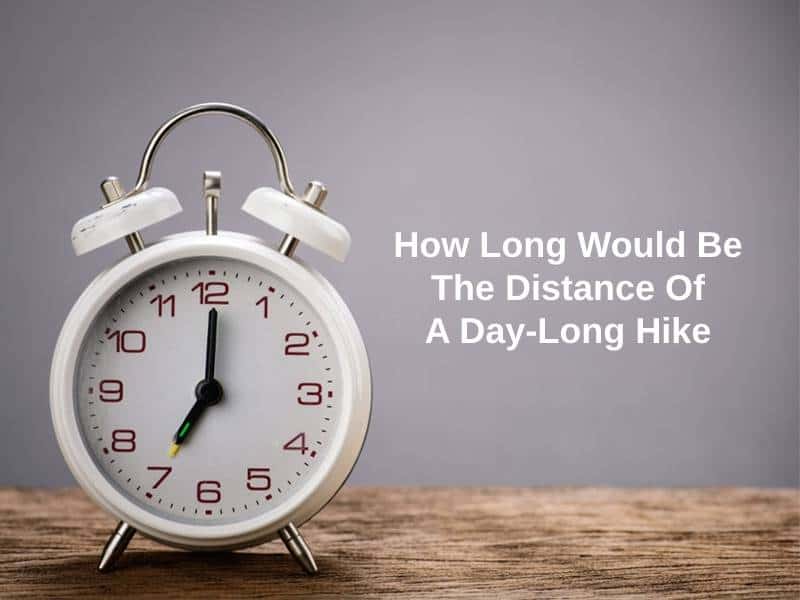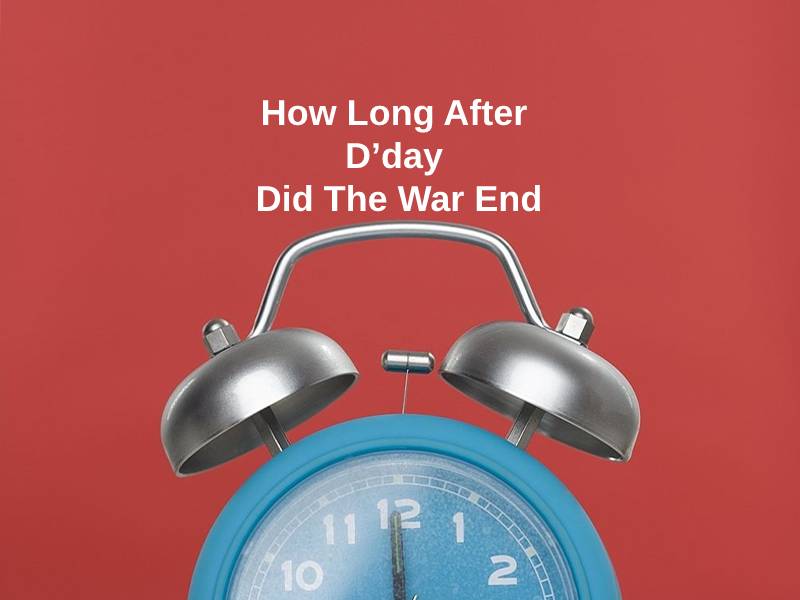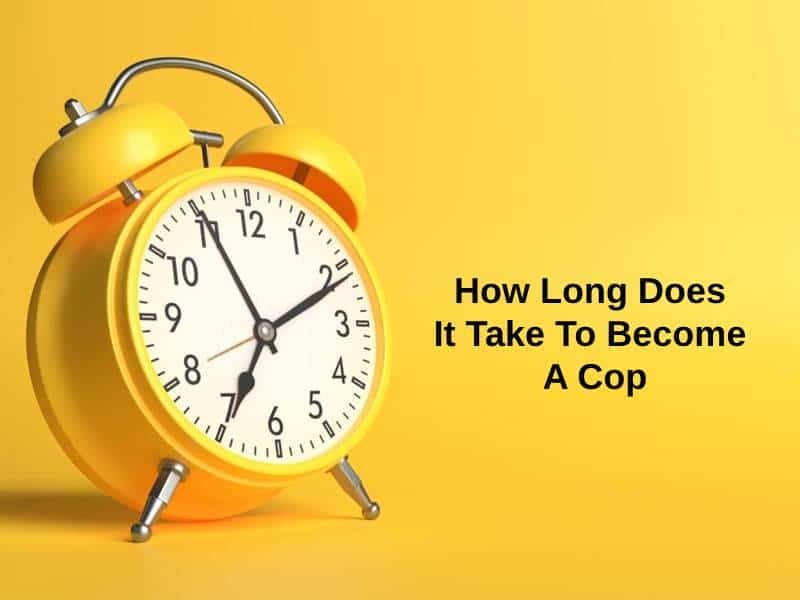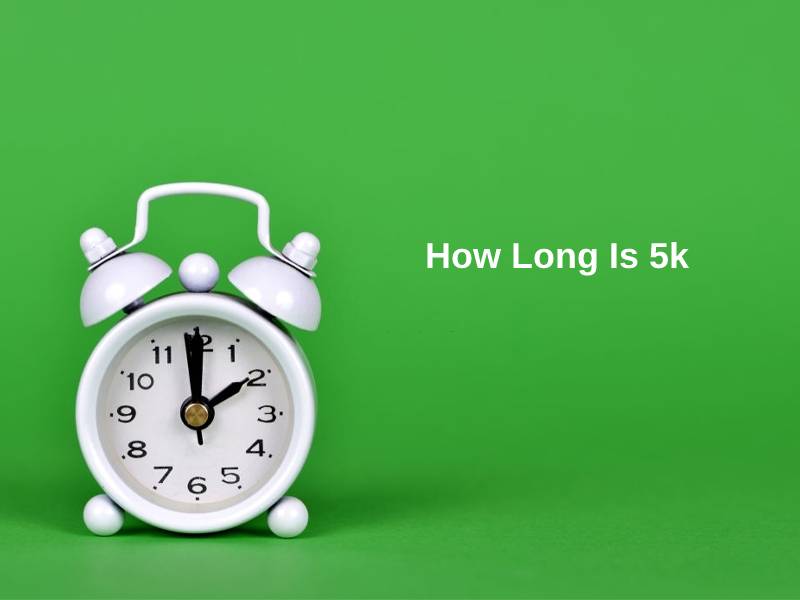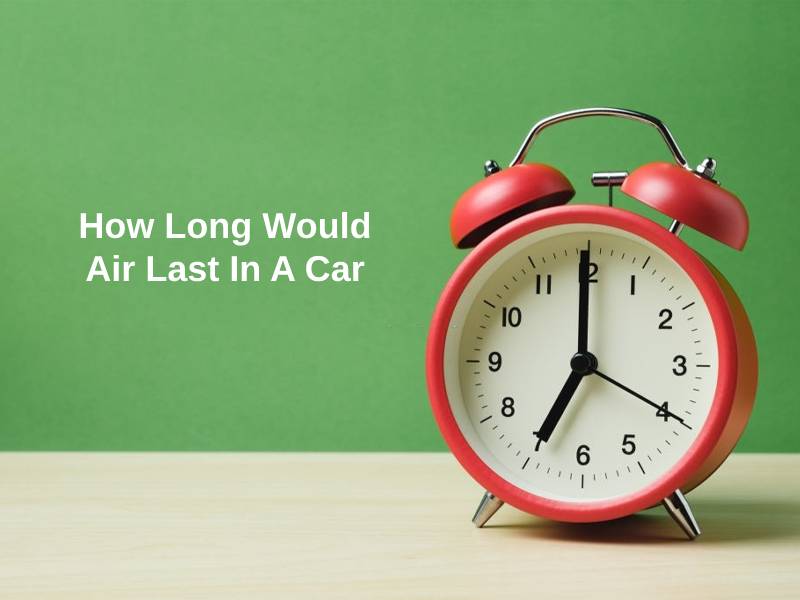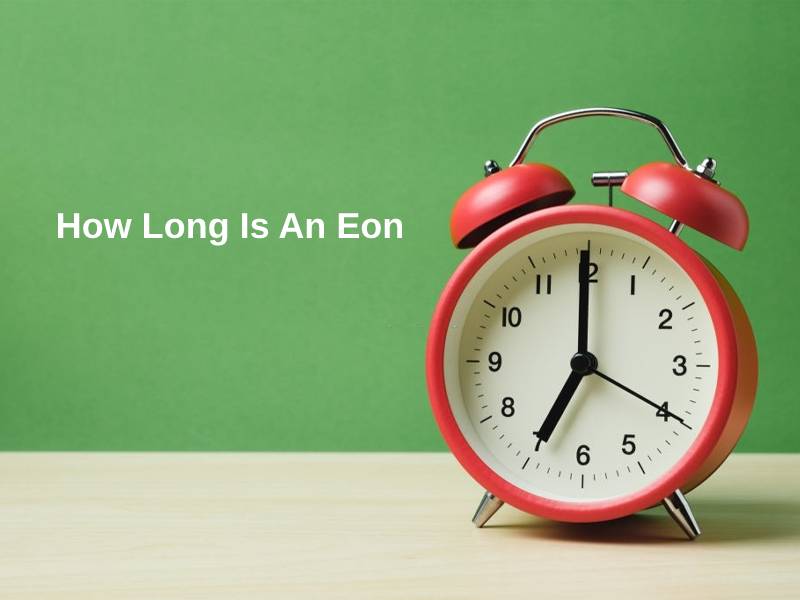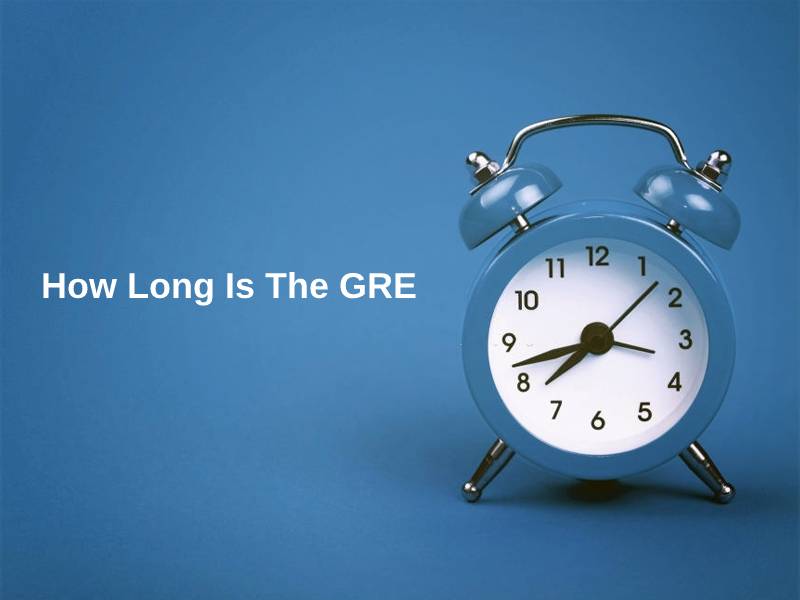Exact Answer: 8 Hours
A business day is a day that is not a Saturday, Sunday, a public holiday, or a bank holiday, during which one conducts normal business operations. The definition of a business day varies in different countries. It depends on the local workweek, dictated by local customs, trends, and religion. In general, a business day lasts 8 hours in most countries.
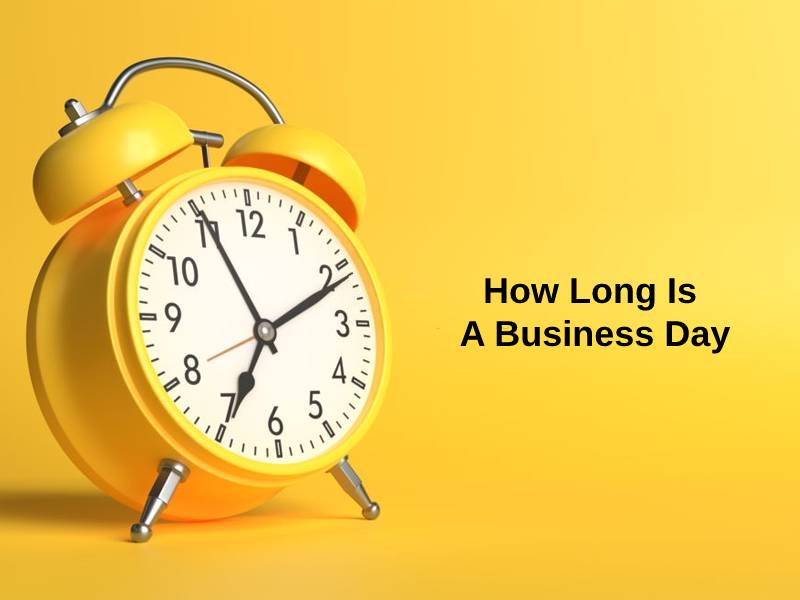
How Long Is A Business Day?
The duration of a business day varies from country to country. In most countries like India, Japan, United Kingdom, and the United States, a business day lasts 8 hours. In these countries, office working hours, described as long periods of activity from Monday to Friday, beginning at nine am and ending at five pm.
However, this is not the norm in all countries. In Turkey, a business day is nine hours, from 8:30 am to 5:30 pm. A similar workweek is present in Armenia. The usual opening hours for financial institutions and commercial companies are from 9 am to 6 pm. Hence, employees work for nine hours.
In Austria, an employee works an average of 7.7 hours a day. Unlike other countries, employees work from eight am to five pm from Monday through Thursday. However, on a Friday, workers only work from eight to three. In Cameroon, on the other hand, employees work 10 hours per day, beginning at 7.30 am or 8 am until 6 or 6.30 pm, which includes an hour or two long lunch break.
Djibouti has a workweek different from any other country mentioned. Here, all offices and shops are closed on Friday. Therefore, the workweek begins on Sunday and extends till Thursday. Employees work for 6-7 hours, depending on the establishment. Banks work for 7 hours, from 7.30 am to 12.30 pm and 4 to 6 pm. Meanwhile, government offices open at 8 am. They remain open till 12.30 pm and then from 4 to 6 pm.
Other countries like Bahrain and Kuwait have shorter business days during the Ramadan month. In Bahrain, employees work for 8 hours per day and six hours per week during Ramadan. Employees in Kuwait work for 7 hours generally. However, during Ramadan, they only work for 5 hours.
In summary,
| Country | Time |
| USA, UK, India, Japan | 8 hours/day |
| Turkey, Armenia | 9 hours/day |
| Austria | 7.7 hours/day |
| Cameroon | 10 hours/day |
| Djibouti | 6-7 hours/day |
| Bahrain | 8 hours/day 6 hours/day during Ramadan |
| Kuwait | 7 hours/day 5 hours/day during Ramadan |
Why Is A Business Day So Long?
The answer to this question goes back to the Industrial Revolution. During this period, many factories began operating 24 hours a day to maximize output and profits. Unfortunately, this led to terrible working conditions, such as employees working up to 16 hours a day. These hours were exhausting, and people had little time for their families or other leisure activities.
Then came Robert Owen, who came up with the eight-hour-long workday to ease the employee’s burden. Owen’s slogan was eight hours labor, eight hours recreation, and eight hours rest. To date, companies in all sectors still follow this idea.
There has been recent debate whether the eight-hour workweek is still suitable, as work styles have changed considerably over the past decade. For the most part, workers today sit at a desk, typing into a laptop which is not a labor-intensive job. Moreover, all professionals do not work the same way. One might take an hour to finish a job, while another can take three hours to complete the same task. Yet, companies cling to the eight-hour workweek.
The answer for this is the local culture. Habits or behaviors set in place over the years become comfortable. People then begin to believe it to be the norm or the right way to do things. These habits tend to hold people back, preventing them from trying out new things.
Conclusion
A business day is a time during which companies complete mandatory procedures. The day is around eight hours long in most countries, but there are always exceptions.
Recent work culture has made people question this eight-hour-long business day. Experts suggest that due to the different working styles of employees, following the old eight-hour-long day is unnecessary. However, no actual change is visible yet.


